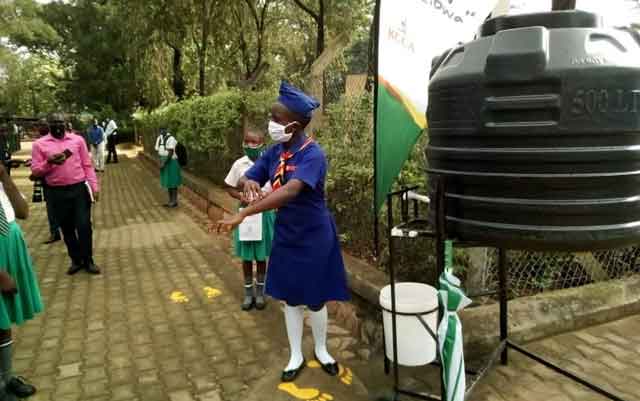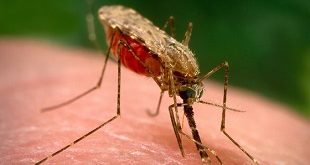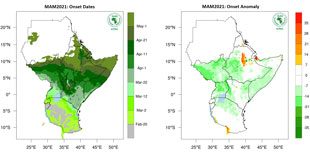
Kampala, Uganda | THE INDEPENDENT | Although handwashing with soap is vital in the fight against infectious diseases, including COVID-19, millions of people around the country do not have ready access to a place to do it. Yet many of those who have them, do it wrongly.
Against this background, Kampala Capital City Authority-KCCA, together with the Directorate of Public Health deployed health teams in the 79 government-aided schools in Kampala to sensitize learners on handwashing as they commemorate the global handwashing day.
The day coincided with the reopening of schools, after more than six months of no activity. And as a condition for their reopening, schools are required to increase handwashing facilities to keep coronavirus disease at bay, as experts say that hand hygiene interrupts the transmission of the virus that spreads the COVID-19.
KCCA Director of Education and Social Services Juliet Namuddu says that although it is common knowledge that washing hands can keep one healthy and prevent the spread of respiratory and diarrheal infections, many individuals and communities cannot sustain it as part of their routine. It is for this reason that experts had to use the day, to teach learners the value of washing hands.
Namuddu is concerned that in its simplicity, and effectiveness for preventing sanitation-related diseases such as cholera, diarrhoea, dysentery, typhoid, and soil-transmitted infections, the handwashing intervention is not practised by many, especially in communities in rural areas and low-income urban settlements.
Fortunately, since the outbreak of COVID-19, the handwashing practices have improved tremendously, with access to handwashing stations noticeably increasing in community centres, schools, markets, bus terminals, lorry stations, and other public spaces in rural and urban areas.
But, Edith Nassanga, who led the health team to inspect schools, explained that despite the increase in facilities, effective handwashing is still a problem for many. WASH experts advise that one should spend between 20-30 minutes, washing hands, the same time one would take singing the full happy birthday song, twice. However, many people only wet their hands, within a second or two.
She says that the focus now is to see children making use of all the available ingredients at the handwashing spots, instead of just splashing water.
Wash experts advise that hand washing should be practised at all the times, especially after blowing the nose, coughing or sneezing, after visiting a public space, including public transportation, markets and places of worship, after touching surfaces outside of the home, including money, before, during and after caring for a sick person, before and after eating, after touching animals and pets, after changing babies’ diapers or helping children use the toilet, and when your hands are visibly dirty.
********
URN
 The Independent Uganda: You get the Truth we Pay the Price
The Independent Uganda: You get the Truth we Pay the Price


